La crainte du « nazar », ou mauvais œil, est une réalité profondément ancrée chez de nombreux musulmans et familles. On croit qu'un regard, même involontaire, teinté d'envie ou d'admiration, peut engendrer malheur, maladie ou une certaine négativité. Si vous cherchez des conseils authentiques et religieux pour se débarrasser du « nazar » en islam , vous êtes au bon endroit. Cet article explore des douas coraniques éprouvées, des conseils pratiques tirés de la sunna et des pratiques quotidiennes pour vous aider, vous et vos proches, à trouver protection et paix.
Comprendre Nazar en Islam (Le mauvais œil)
En Islam, le nazar est reconnu comme un phénomène réel. Le Prophète Mohammed (paix et bénédictions sur lui) a confirmé son existence et a enseigné à ses fidèles comment s'en protéger. Il est important de comprendre qu'Allah (SWT) est la source ultime de tout bien ou de tout mal, mais le mauvais œil peut être un vecteur de mal. Reconnaître sa réalité nous permet de rechercher activement les remèdes prescrits par notre foi, en nous concentrant sur les remèdes et pratiques islamiques plutôt que sur les superstitions culturelles.
Le cœur de la protection : versets coraniques et douas pour se débarrasser du Nazar
Les outils les plus puissants contre le nazar se trouvent dans le Coran et la Sunna (enseignements et pratiques du Prophète Muhammad, paix et bénédictions sur lui). Une récitation régulière et des supplications sincères sont essentielles pour éliminer le nazar existant et se protéger d'une exposition future.
Sourates coraniques clés pour la protection
Certains chapitres (sourates) du Coran sont particulièrement efficaces pour rechercher refuge et guérison contre le mauvais œil :
- Ayat al-Kursi (Coran 2:255) : Connu comme le Verset du Trône, c'est l'un des versets les plus puissants du Coran. Le réciter régulièrement, surtout après les prières et avant de dormir, offre une immense protection. Sa récitation crée un bouclier autour du croyant.
- Sourate Al-Falaq (Coran 113) et Sourate An-Nas (Coran 114) : Ces deux sourates, souvent appelées « Al-Mu'awwidhatayn » (les deux versets du refuge), ont été révélées spécifiquement pour se protéger de divers maux, dont le mauvais œil. Le Prophète (que la paix et la bénédiction d'Allah soient sur lui) les récitait sur lui-même et sa famille. Les réciter trois fois, matin et soir, est une pratique fortement recommandée pour se débarrasser du nazar en islam .
Puissantes invocations de la Sunna
Le Prophète Mohammed (que la paix et la bénédiction d'Allah soient sur lui) a enseigné des invocations spécifiques pour se protéger du nazar et le dissiper. L'une des plus courantes est :
"A'udhu bi kalimatillahil-tammati min sharri ma khalaq"
(Je cherche refuge dans les paroles parfaites d’Allah contre le mal de ce qu’Il a créé).
Un autre dua puissant, en particulier pour protéger les enfants, est :
"U'eedhukumaa bikalimaatil-laahit-taammati min kulli shaytaanin wa haammatin, wa min kulli 'aynin laammatin"
(Je cherche protection pour vous deux dans les paroles parfaites d'Allah, contre tout diable et tout reptile venimeux, et contre tout mauvais œil).
Faire ces duas systématiquement, avec une croyance sincère dans le pouvoir d'Allah, est crucial pour que le dua élimine le nazar dans l'Islam .

La pratique de la Ruqyah Shariah
La ruqyah désigne les incantations ou exorcismes islamiques, qui consistent à réciter des versets du Coran et des invocations spécifiques sur une personne atteinte de nazar, d'une maladie ou de magie noire. La ruqyah (charia) est la forme autorisée de ruqyah, qui respecte strictement les principes coraniques et sunnah. Elle implique généralement :
- Le récitant fait l’intention (niyyah) de guérison.
- Réciter des versets comme Ayat al-Kursi, la sourate Al-Fatiha, la sourate Al-Ikhlas, la sourate Al-Falaq et la sourate An-Nas.
- Souffler doucement (avec un peu de crachat) sur la personne ou la zone affectée après la récitation.
Il est important de demander la roqya auprès d'un musulman pieux et instruit qui suit les pratiques authentiques, ou de la pratiquer pour soi-même ou pour un membre de sa famille. Pour plus d'informations sur les pratiques authentiques de la roqya, consultez des ressources comme IslamQA.info, qui détaille les méthodes autorisées.

Étapes pratiques et pratiques quotidiennes pour éliminer et éloigner Nazar
Au-delà de la récitation et du dua, l’islam enseigne plusieurs étapes pratiques et habitudes quotidiennes qui contribuent à éliminer et à protéger contre le mauvais œil.
L'importance du Wudu (ablution)
Faire ses ablutions (wudu) est non seulement une condition préalable à la prière, mais aussi un moyen de purification et de protection spirituelles. Si une personne soupçonne d'avoir été atteinte par le nazar d'une personne connue, une méthode mentionnée dans la Sunna consiste à demander à cette personne de faire ses ablutions, puis à verser l'eau usagée sur la personne atteinte. Cette méthode, bien que spécifique, souligne le caractère purificateur des ablutions. Maintenir un état d'ablution aussi longtemps que possible est généralement bénéfique pour le bien-être spirituel.
Le rôle de la Sadaqah (charité)
Faire une aumône volontaire (sadaqah) est un acte puissant en islam, reconnu pour conjurer les calamités et purifier les péchés. Faire l'aumône dans le but de se protéger du nazar et de satisfaire Allah peut être un moyen d'en repousser les effets. La générosité et la bonté sont très appréciées et sont porteuses de bénédictions.
Conseils rapides pour l'élimination et la protection du Nazar :
- Récitation cohérente : intégrez Ayat al-Kursi, Surah Al-Falaq et An-Nas à votre routine quotidienne.
- Adhkar du matin et du soir : récitez les supplications prophétiques pour la protection.
- Effectuez la Ruqyah : Apprenez à effectuer la Ruqyah Shariah pour vous-même et votre famille.
- Donnez une Sadaqah : la charité peut éviter les calamités.
- Maintenir le Wudu : Rester dans un état de purification.
- La confiance en Allah (Tawakkul) : En fin de compte, la protection vient d’Allah seul.
Chercher refuge auprès d'Allah (Istiadha)
Répéter régulièrement « A'udhu Billahi minash shaitanir rajeem » (Je cherche refuge auprès d'Allah contre le maudit Satan) et d'autres formes d'istiadha renforce la confiance en Allah pour la protection contre tous les maux, y compris le nazar.
Habitudes quotidiennes pour une protection continue contre Nazar
Mieux vaut prévenir que guérir. Adopter certaines habitudes quotidiennes peut renforcer vos défenses spirituelles contre le mauvais œil.
- Adhkar (souvenirs) du matin et du soir : Le Prophète (que la paix et la bénédiction d'Allah soient sur lui) a prescrit des invocations spécifiques pour le matin et le soir, qui offrent une protection complète. Il est fortement recommandé de les intégrer régulièrement à votre quotidien.
- Éviter l'étalage excessif de ses bienfaits : S'il est naturel de se réjouir des bienfaits d'Allah, veiller à ne pas exhiber inutilement ses richesses, sa beauté ou ses réussites peut contribuer à prévenir l'envie des autres. Dites « Masha'Allah La Quwwata Illa Billah » (Ce qu'Allah a voulu [est arrivé] ; il n'y a de pouvoir qu'en Allah) lorsque vous admirez quelque chose ou lorsque quelqu'un vous loue.
- Confiance en Allah (Tawakkul) : Avoir une confiance totale en Allah (SWT) est le bouclier ultime. Croyez que rien ne peut vous nuire si ce n'est par Sa volonté, et que rien ne peut vous protéger si ce n'est par Son décret. Cette foi inébranlable (iman) est un puissant rempart contre toute forme de mal.
Bracelet de protection contre le mauvais œil en cuivre | Guérison réglable
$23.90 $34.90
Explorer le produit
Porter des objets destinés à la protection, s'ils sont conformes aux enseignements de l'islam et rappellent l'invocation d'Allah, peut être un choix personnel. Concentrez-vous sur le souvenir d'Allah et les douas prescrits comme principales sources de protection.

Distinguer les pratiques authentiques de la superstition
Pour se débarrasser du nazar en islam , il est crucial d'adhérer aux pratiques ancrées dans le Coran et la Sunna et d'éviter les innovations ou superstitions dénuées de tout fondement islamique. Des pratiques telles que suspendre certains objets en croyant qu'ils repoussent le mal (plutôt qu'Allah par la récitation du Coran, etc.), recourir à des rituels spécifiques non enseignés par le Prophète (que la paix et la bénédiction d'Allah soient sur lui) ou consulter des diseurs de bonne aventure sont strictement interdites. La véritable protection et le véritable remède ne viennent que d'Allah (SWT), par les méthodes que Lui et Son Messager (que la paix et la bénédiction d'Allah soient sur lui) nous ont enseignées. S'appuyer sur la prière et l'invocation renforce notre connexion avec le Divin, qui est la protection ultime.
Renforcez vos mesures de protection
$19.90
$28.90
$28.90
$41.90
Conclusion : Trouver la paix et la sécurité par la foi
En Islam, se débarrasser du nazar implique une foi sincère, la récitation assidue des versets coraniques et des invocations prophétiques, l'adhésion aux enseignements islamiques pratiques et une confiance inébranlable en la protection d'Allah. En intégrant ces remèdes et pratiques authentiques à votre quotidien, vous trouverez non seulement un soulagement des effets du mauvais œil, mais aussi un sentiment plus profond de sécurité et de paix spirituelle. N'oubliez pas que le bouclier le plus solide est votre connexion avec Allah (SWT). Puisse-t-Il nous protéger de tout mal.
Questions fréquemment posées sur la suppression du Nazar en Islam
Pour se débarrasser du mauvais œil en Islam, il faut réciter des versets coraniques spécifiques comme Ayat al-Kursi, la sourate Al-Falaq et la sourate An-Nas. Faire des invocations authentiques enseignées par le Prophète (paix et bénédictions d'Allah sur lui), pratiquer la Ruqyah (charia), faire des Sadaqah (aumônes) et accomplir les ablutions sont également des méthodes efficaces. L'essentiel est de rechercher refuge auprès d'Allah et de suivre ses directives.
Vous pouvez vous débarrasser du nazar en récitant régulièrement des sourates protectrices (Ayat al-Kursi, Al-Falaq, An-Nas), en faisant des duas spécifiques pour la protection (par exemple, « A'udhu bi kalimatillahil-tammati min sharri ma khalaq »), en effectuant la Ruqyah sur vous-même, en faisant la charité avec l'intention de guérir et en maintenant le souvenir d'Allah (dhikr).
Se libérer du nazar implique à la fois de chercher des solutions si l'on est affecté et de se protéger activement. Cela inclut la récitation régulière du Coran (en particulier des versets protecteurs), les adhkars (rappels) matin et soir, la recherche de refuge auprès d'Allah, l'évitement des bénédictions superflues, la prière « Masha'Allah » et une confiance totale en la puissance d'Allah (Tawakkul).
La guérison du nazar en Islam s'obtient par la Ruqyah Shariah (incantations islamiques utilisant des versets coraniques et des duas authentiques), la récitation de la Sourate Al-Fatiha, Ayat al-Kursi, Al-Mu'awwidhatayn (Al-Falaq et An-Nas) sur la personne affectée, et en faisant des supplications spécifiques enseignées par le Prophète (PSL) pour la guérison et la protection contre le mauvais œil.
Plusieurs invocations aident à se débarrasser du nazar et à vivre en paix. Parmi elles, la récitation régulière d'Ayat al-Kursi, de la sourate Al-Falaq et de la sourate An-Nas. La dou'a « A'udhu bi kalimatillahil-tammati min sharri ma khalaq » (Je cherche refuge auprès des paroles parfaites d'Allah contre le mal de ce qu'Il a créé) est également très efficace. Associer ces invocations à la confiance en Allah apporte la paix.

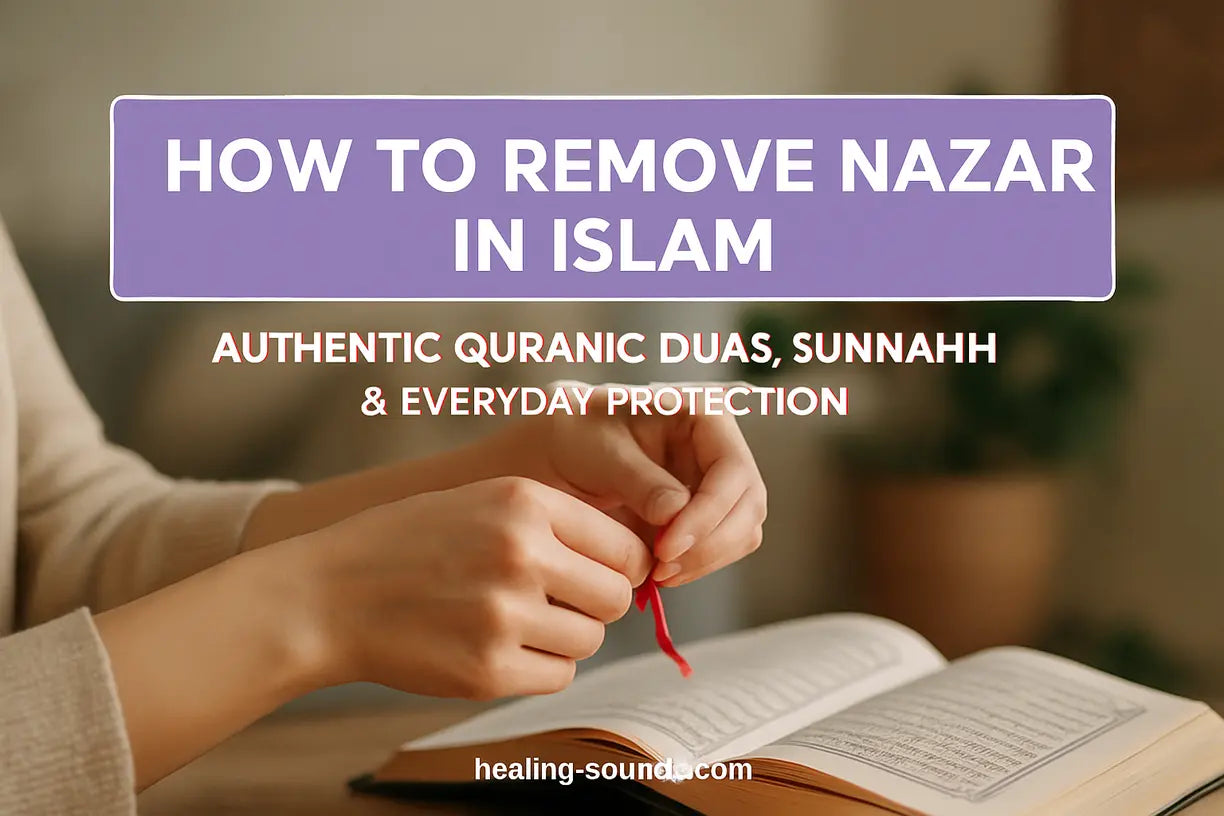
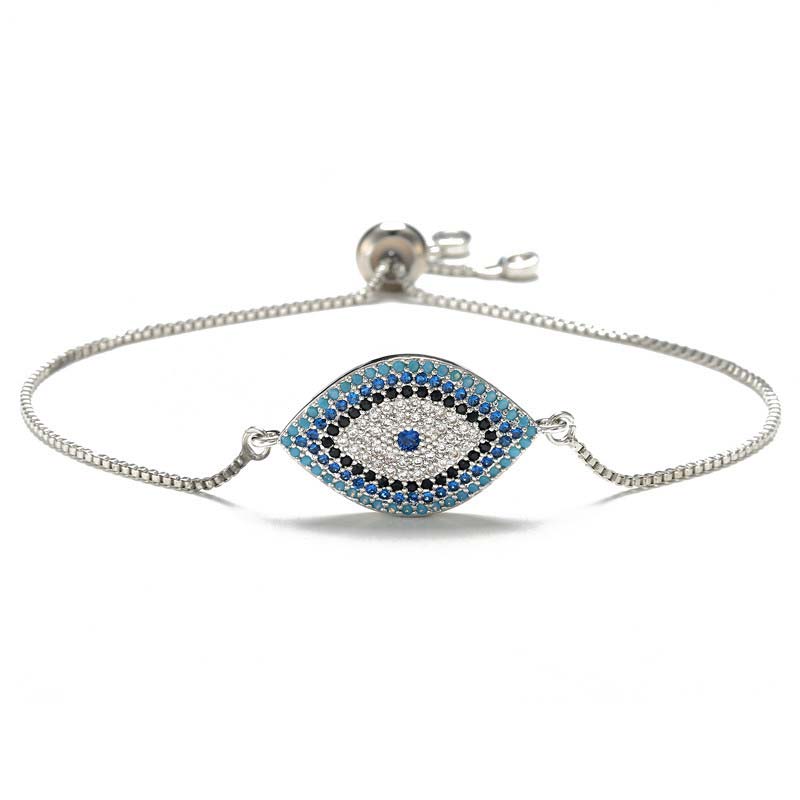
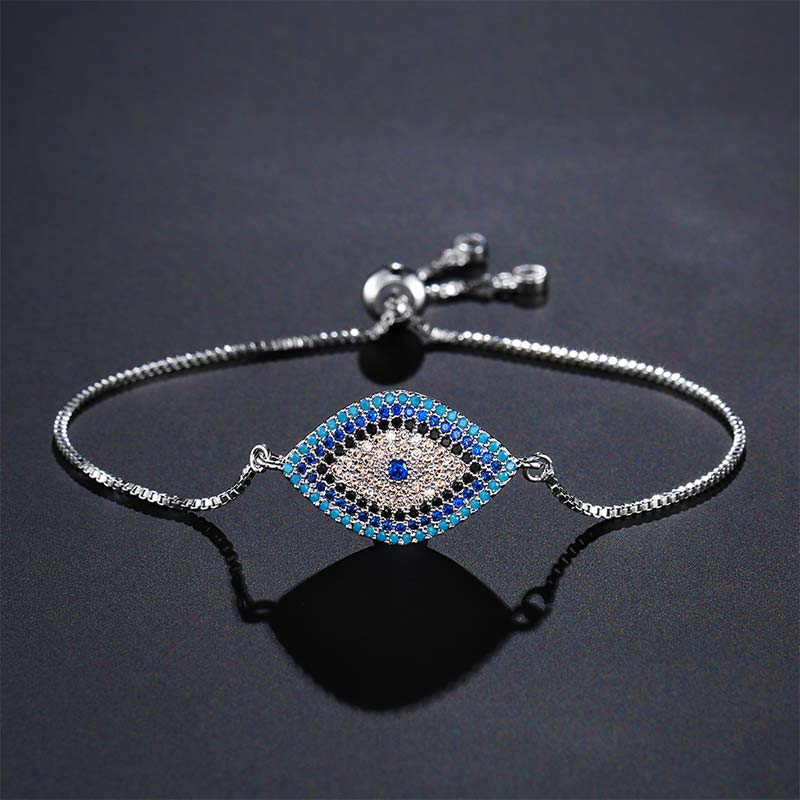
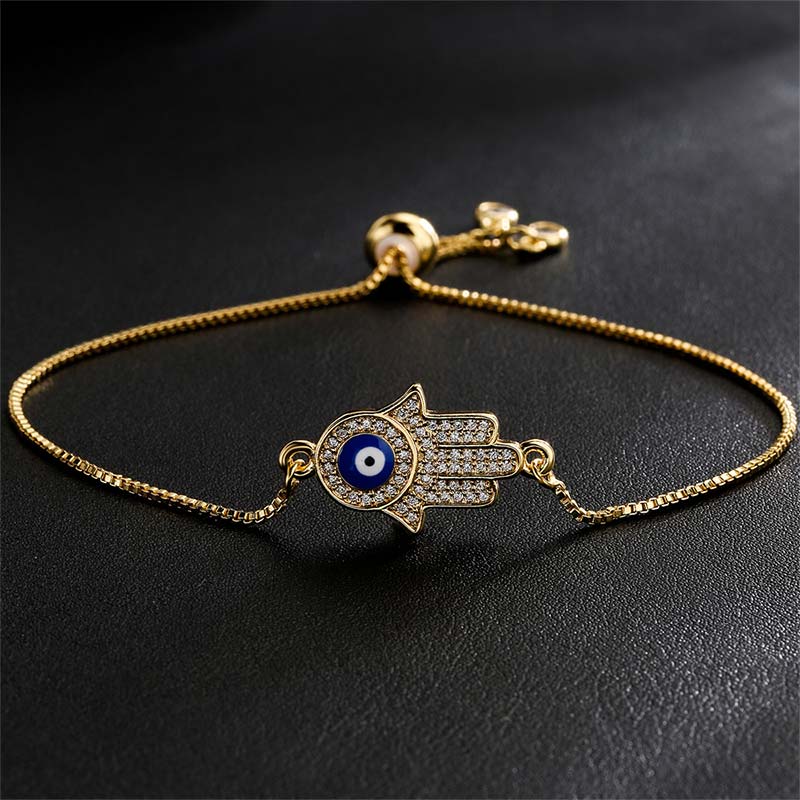
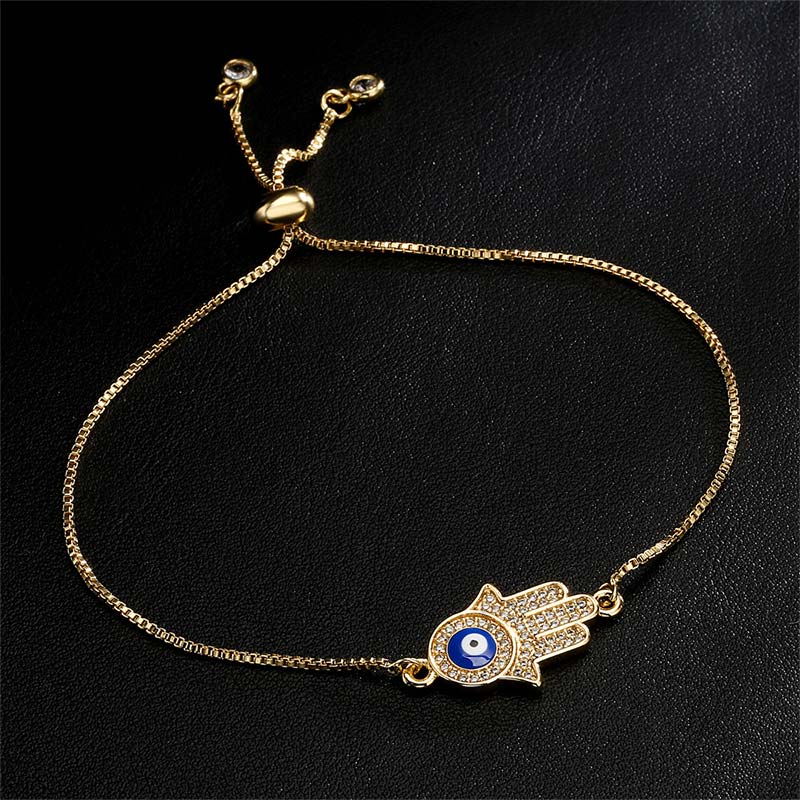
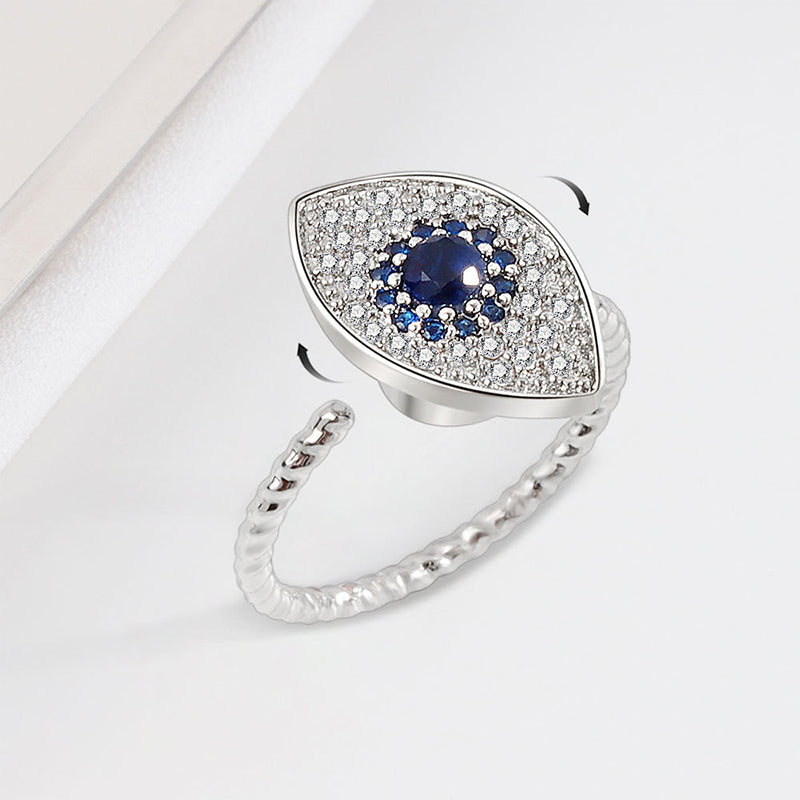
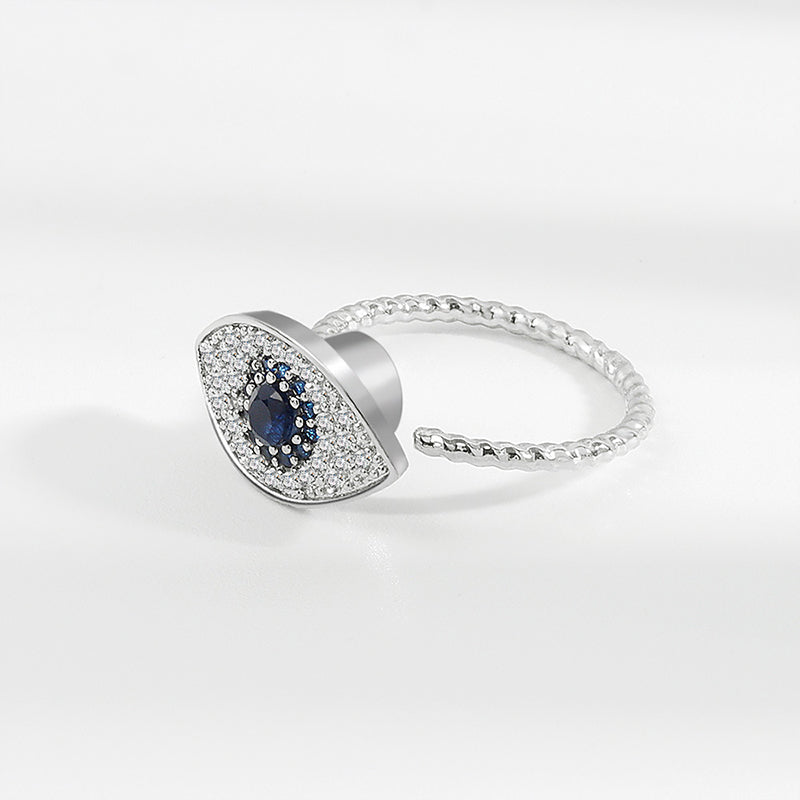
1 commentaire
lilah
thank you for the information but will ask why are you selling the evil eye merchandise when in your own publishing you are telling us that these things are UnIslamic? Sorry but it defeats the purpose and contradicts what your saying. People buy these items with the thought in mind that it will provide protection by wearing them/having them. We appreciate the knowledge your sharing, but maybe removing the link in this specific article would be more helpful and instead provide a different link such as tasbeeha or prayer mats or even educational books, especially for those who are reading to gain insight into the religion or strengthen their Iman.
JazakAllah Khair